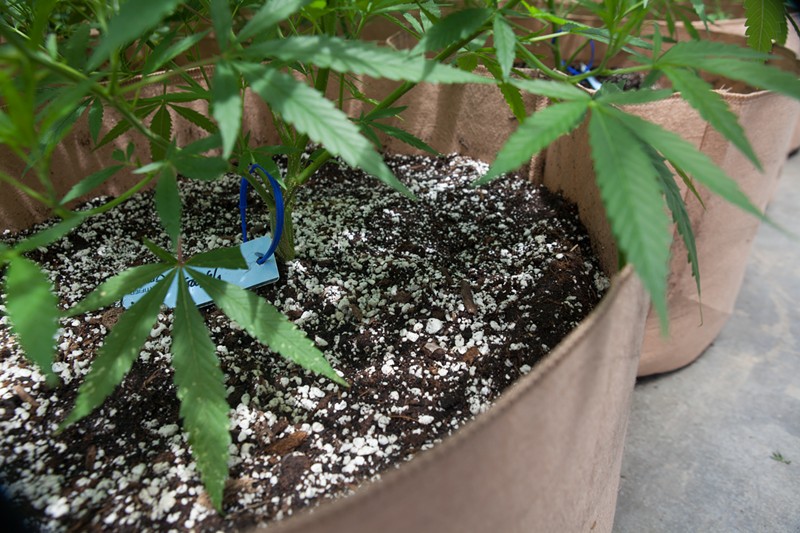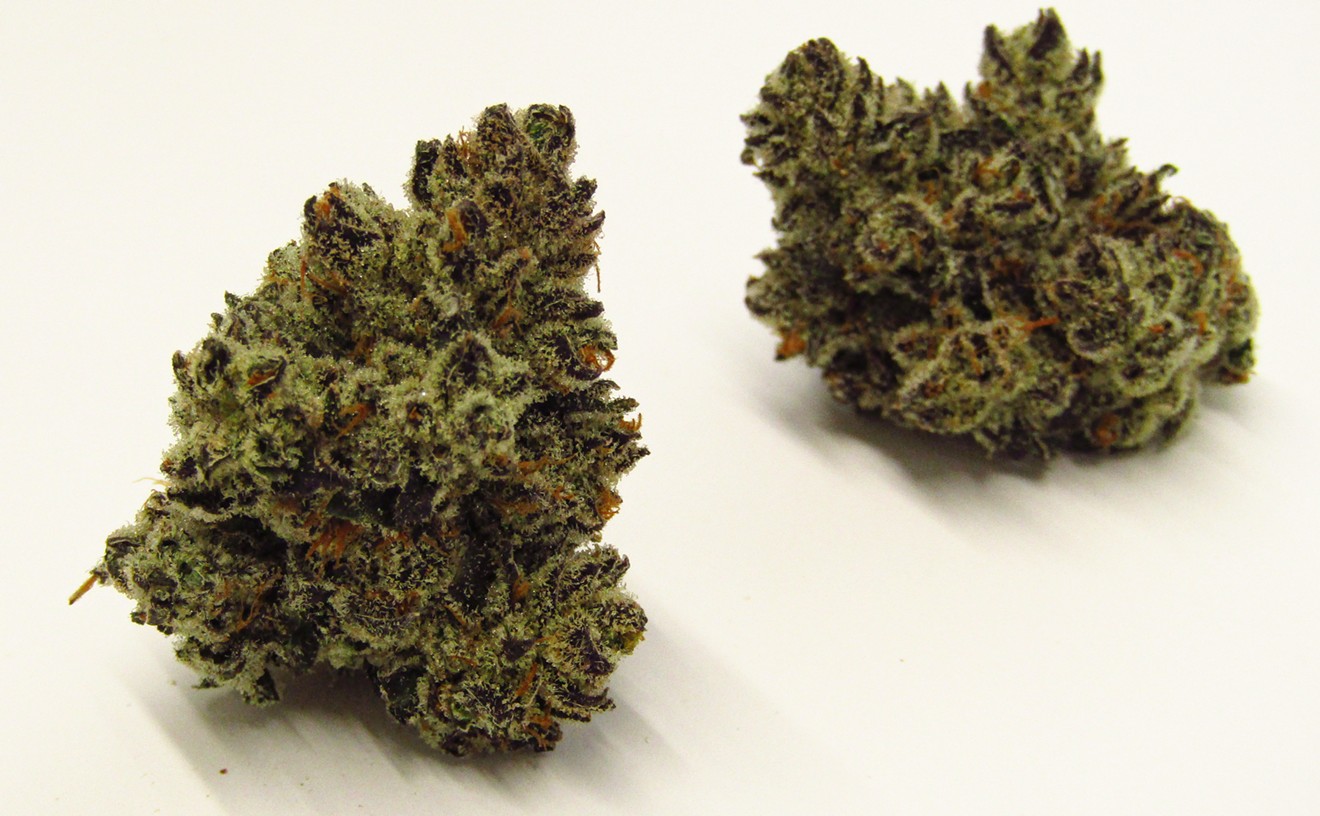Colorado marijuana regulators could soon have more power over contaminated dispensary products, thanks to a bill currently making its way through the state legislature.
Recalls for medical and recreational marijuana products have been a regular occurrence since the Colorado Marijuana Enforcement Division began mandating laboratory testing of retail pot in 2015. Over the years, the MED has added testing requirements for mold, yeast, heavy metals, residual solvents and water activity.
Despite these testing guardrails, however, marijuana recalls are often issued months — and in some cases, years — after flagged products have been sold. Recalls have also been issued for products that initially passed testing but were later found to be potentially dangerous during regular dispensary inspections or visits prompted by tips.
The MED approached state Representative Marc Snyder about granting the department more oversight through legislation, and he agreed to introduce House Bill 1021. After passing through the House and clearing its third Senate hearing on March 3, the bill needs just one more round of Senate approval to land on Governor Jared Polis's desk.
"We do have enforcement mechanisms in place, but they're rather lengthy and cumbersome, with a provision of a hearing and other things, so we're worried that people have a lag time between the time a product is tested to be unsafe and the time it can be actually removed from the shelves and not be available to the public," Snyder said during a House committee meeting in January.
The measure would make state marijuana watchdogs "well equipped to swiftly respond to cases" of contaminated products, according to MED director of policy and regulatory affairs Allison Robinette, who discussed the bill before a Senate committee on February 28.
Currently, the MED can place administrative holds on marijuana products before issuing a recall, but requirements for an embargo would be looser and allow the MED to act faster, Robinette said, using the 2019 and 2020 lung illness outbreaks attributed to unregulated THC vaping as an example.
"The division was limited in engaging in either rulemaking or to suspend a license," she told lawmakers of the MED's power during that time. Although retail marijuana products from Colorado weren't connected to the outbreak, Robinette said that marijuana enforcement officials would have been mired in a regulatory timeline if they had been. HB 1021 would still require the MED to issue a notice to any business owner and go through a regulatory hearing process before products were quarantined, but would "prevent the destruction of evidence, diversion or threats to public safety" of flagged pot products, she added.
Over the last two years, the MED has issued 21 health and safety advisories over potentially contaminated marijuana products, according to deputy director Kyle Lambert, with the majority of those notices involving recalls for the use of banned pesticides or unsafe microbial levels.
"There could be a scenario where pesticides that are not approved for use on marijuana, would be related to a basis for an embargo. It would really depend on the facts and circumstances, but if the marijuana was determined to have pesticides on it that are not approved for use on marijuana, then the embargo would be a tool that would be considered for use at that point," Lambert said at the February 28 hearing.
According to the MED's most recent annual market update, around 85 percent of marijuana flower, shake and trim passed microbial testing in 2020. During state rulemaking hearings last year, marijuana business owners discussed how questionable practices can be utilized to pass microbial testing, including running the plants through radon lights and microwaves or dipping them in hydrogen peroxide.
[
{
"name": "Air - MediumRectangle - Inline Content - Mobile Display Size",
"component": "12017618",
"insertPoint": "2",
"requiredCountToDisplay": "2",
"watchElement": ".fdn-content-body",
"astAdList": [
{
"adType": "rectangle",
"displayTargets": "mobile"
}
]
},{
"name": "Editor Picks",
"component": "17242653",
"insertPoint": "4",
"requiredCountToDisplay": "1",
"watchElement": ".fdn-content-body",
"astAdList": [
{
"adType": "rectangle",
"displayTargets": "desktop|tablet"
},{
"adType": "rectangle",
"displayTargets": "desktop|tablet|mobile"
}
]
},{
"name": "Inline Links",
"component": "18838239",
"insertPoint": "8th",
"startingPoint": 8,
"requiredCountToDisplay": "7",
"maxInsertions": 25
},{
"name": "Air - MediumRectangle - Combo - Inline Content",
"component": "17261320",
"insertPoint": "8th",
"startingPoint": 8,
"requiredCountToDisplay": "7",
"maxInsertions": 25,
"watchElement": ".fdn-content-body",
"astAdList": [
{
"adType": "rectangle",
"displayTargets": "desktop|tablet"
},{
"adType": "rectangle",
"displayTargets": "desktop|tablet|mobile"
}
]
},{
"name": "Inline Links",
"component": "18838239",
"insertPoint": "8th",
"startingPoint": 12,
"requiredCountToDisplay": "11",
"maxInsertions": 25
},{
"name": "Air - Leaderboard Tower - Combo - Inline Content",
"component": "17261321",
"insertPoint": "8th",
"startingPoint": 12,
"requiredCountToDisplay": "11",
"maxInsertions": 25,
"watchElement": ".fdn-content-body",
"astAdList": [
{
"adType": "leaderboardInlineContent",
"displayTargets": "desktop|tablet"
},{
"adType": "tower",
"displayTargets": "mobile"
}
]
}
]












